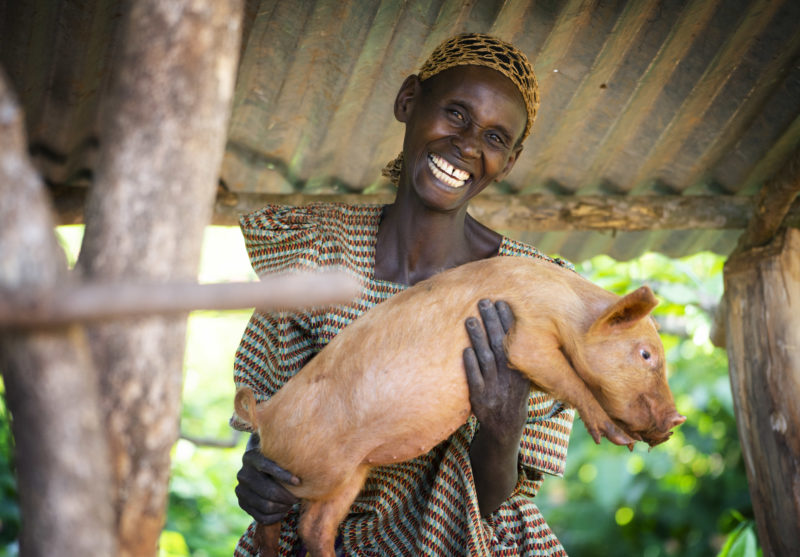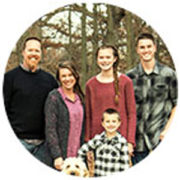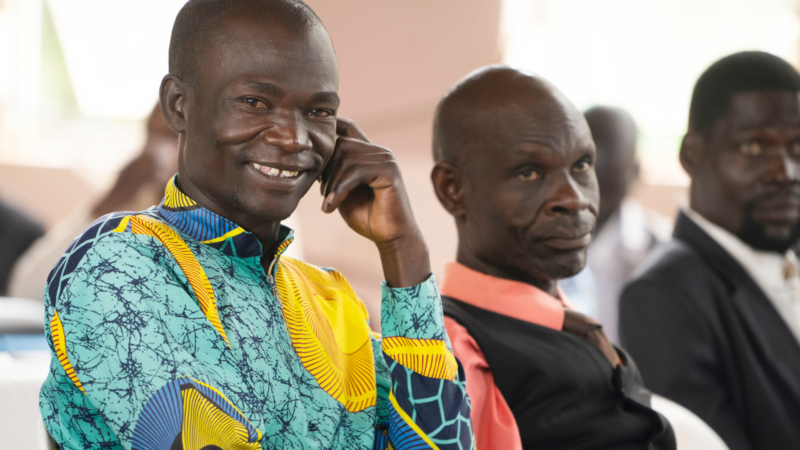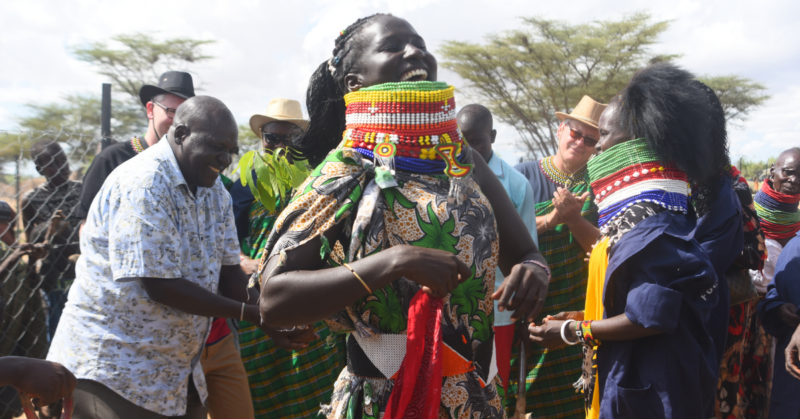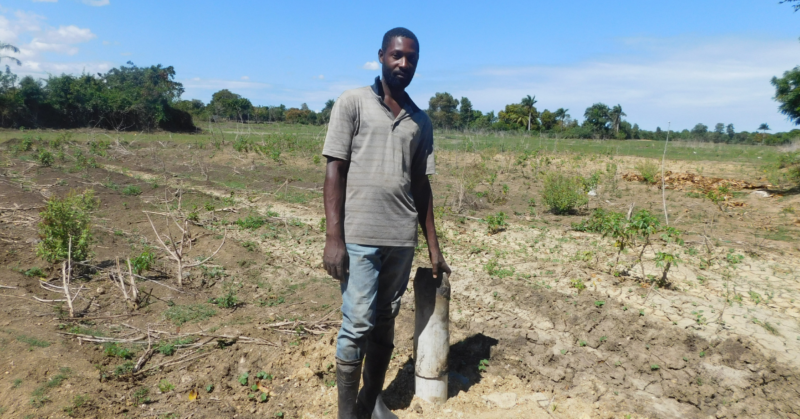Why we are passionate about sustainability.
When Bright Hope talks about our “sustainable programs,” and we do talk about these a lot, we are saying, “Hey! This program isn’t about a one-time attempt to make today easier for the poor.” Sustainable programs are those that make a permanent impact by helping poor individuals build their income and break the poverty cycle. They are the programs and projects that over time, will change the way the extreme poor live—and I mean change life to the point that those impacted aren’t living in extreme poverty any longer! And that’s a big deal!
Still unclear about what’s a sustainable program for the poor and what’s not? No problem. Maybe an example of a sustainable versus a non-sustainable program will help.
Example of a non-sustainable program.
Providing food and water to hurricane victims who have lost their homes is a non-sustainable program. It is an important, necessary, and humane thing to do, but the food and water will only last until it’s gone. It’s not a sustainable food or water source.
Examples of sustainable programs:
However, providing seeds, gardening tools, and training is a sustainable program because the tools and training can bring about a new way of life. It gives someone a way to grow their own food and an opportunity to start a small business. It’s a long-term way out of poverty.
When we give a family some chickens or pigs and train them to care for these animals, this is a sustainable program. The animals multiply, providing the family with food and a small business to support their family.
Another way we build sustainability is through our family empowerment programs. We teach husbands to care for their wives and children and encourage couples to share in the work together. By doing this, we open their minds to a new way of doing things. So often, it’s the old way of doing things that cause families to remain stuck in poverty. When we take the time up front to address fundamental family life issues, we see a much better success rate when we teach someone to garden or give a family some animals.
God commands us to care for the poor.
The generational cycle of poverty is hard to break–impoverished kids often go to bed hungry, don’t have a chance to go to school or gain skills for the future, and can’t go to the doctor when they get sick. As a result, they feel hopeless and forgotten by God.
Human beings shouldn’t have to live like this. Honestly, it’s just not right. We’re all made in the image of God, dearly loved and with inherent worth. Throughout the Bible, God commands us to care for the poor. And at Bright Hope, we feel strongly that the way to do this is through programs that lead to sustainability. As you think about our model of providing sustainable Hope to the poor, please consider how you can get involved! Will you pray? Give? Or if you still want to learn more, check out the links below.
Find out more about Bright Hope’s work by reading these blogs:
When Hope for Today Makes Tomorrow Possible
Hope for Tomorrow: Sometimes Poverty Alleviation is Simple
Hope for Eternity: Jesus Cares for the Poor
Bright Hope, a Holistic Ministry Meeting the Needs of the Poor

